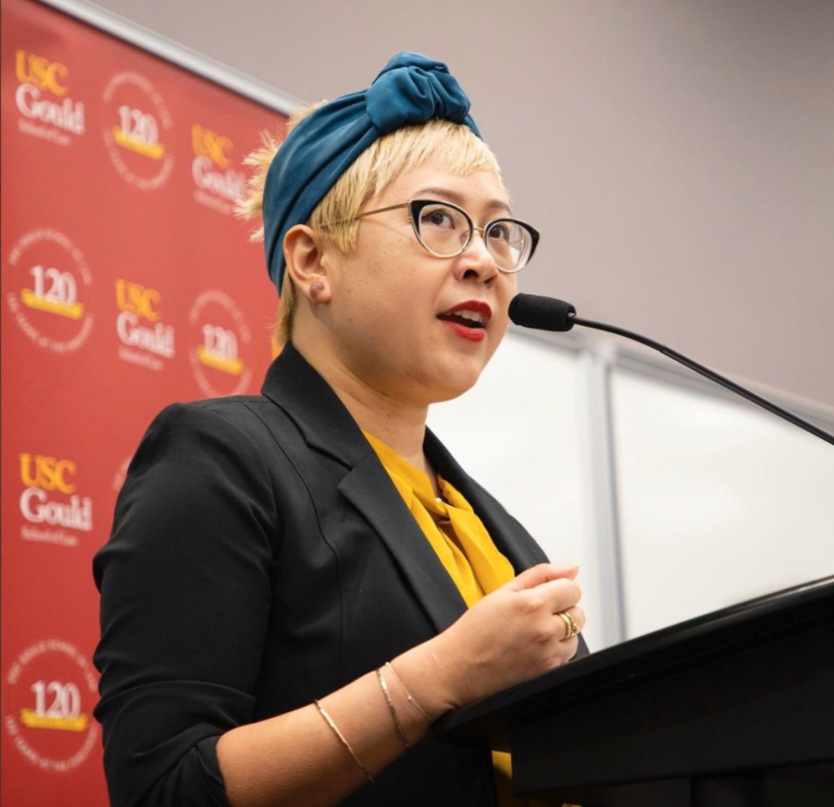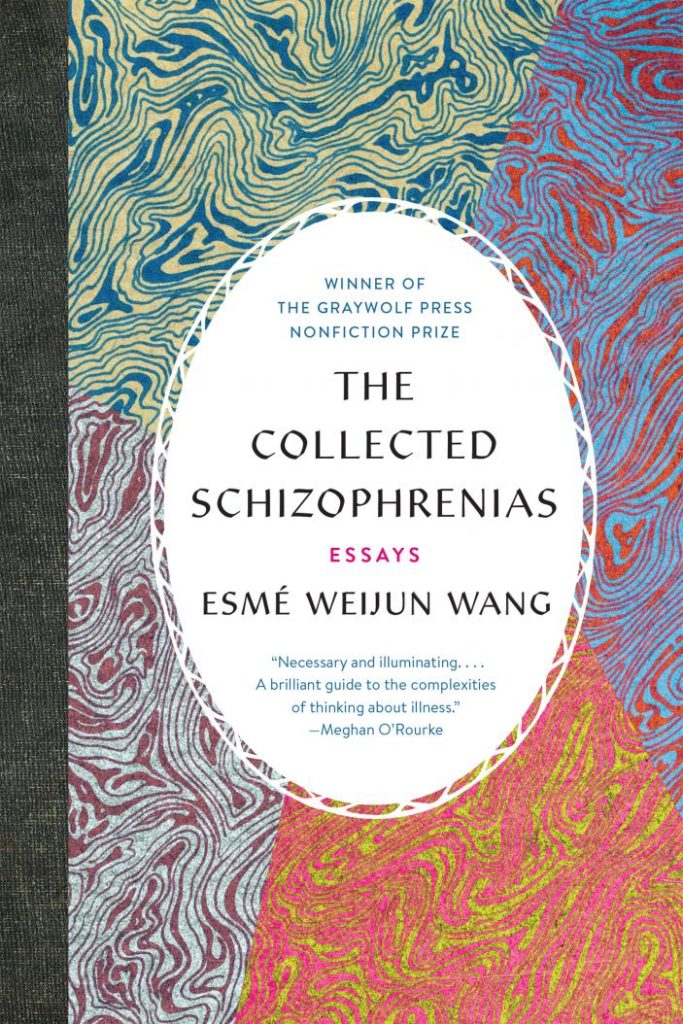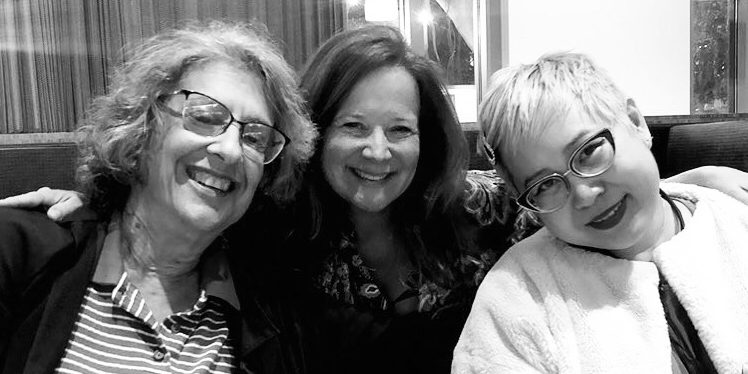Esmé Weijun Wang is an award-winning writer and her most recent essay collection, The Collected Schizophrenias, was named a New York Times best seller and one of the TIME’S 10 Best Nonfiction Books of 2019. Recently, Flawless Foundation had the opportunity to hear from Wang herself in conversation with Elyn Saks at USC’s Saks Institute at the Gould School of Law. Wang gave an inspiring talk about her experiences living with a mental illness, the misperceptions and stereotypes surrounding it, and ways in which we can all work towards inclusion.

Wang started off with her own experience of being vulnerable as she disclosed her illness to friends, co-workers, and eventually, to the larger public. She described her feelings of stress not knowing, “when, if ever, would be an appropriate time to come out about having a serious mental health diagnosis in [her] personal life, work-life, and school life.” And these feelings of stress were further compounded by the misunderstandings surrounding mental health.
Stigma is real. And it affects the ways in which both mental health is perceived and the ways in which people living with mental illnesses perceive themselves. Wang talked about how stigma in America is not only a product of the Western culture but also shaped by immigrant culture. She recounted the first time that she told her Taiwanese mother about her depression. “How could you do this? How could you do this when we’ve always fed you and clothed you and provided a roof over your head?” That was the response that Esmé received. It was only after talking to a Chinese-American psychiatrist that her mother was able to understand the gravity of the situation—stressing the importance of cultural mental health in-groups. Culture plays a huge role in the ways in which mental health is perceived, treated, and conceptualized. Wang discussed how having a psychiatrist who could relate on a cultural level was pivotal for developing that relationship with her parents and for her entry into the world of mental health advocacy.
Wang also offered some tangible ways through which we can all work towards ending this discrimination. Language is a crucial part of our everyday communication—shaping the way that we comprehend and view the world. Thus, it is important to be conscious of verbal habits that may develop and perpetuate these stereotypes. For instance, instead of casually tossing the word, “crazy,” what if we replace it with words like “ridiculous” or other adjectives that convey the emotion without being insults? Wang also discussed people-first language, where the person comes before the disability. Instead of labeling an individual as a “schizophrenic,” people-first language refers to a “person with schizophrenia.” However, Wang also made a note that this people-first language is not preferred by everyone; in fact, some are made uncomfortable by it as they highly identify with their diagnoses.

And this is where the importance of self-advocacy comes into the picture. Wang stressed the power of self-advocacy: knowing what you need with respect to your mental health and how to advocate for it. Although self-advocacy can be difficult, it is essential to start learning how to strengthen this skill. After all, self-advocacy can be used as a model of resilience and is important for self-care and educating others.
Esme’ Wang’s philosophy of self-care, self-advocacy and being authentic is the hallmark of our values at the Flawless Foundation. Her powerful mantra that she repeats to herself and shares with others inspires us all and gives us hope: “Keep going, you’re doing great.”







